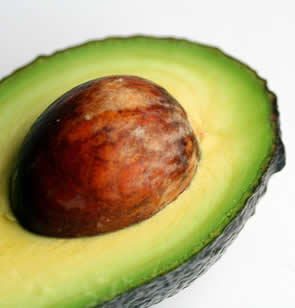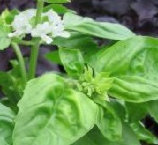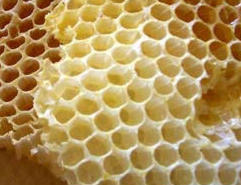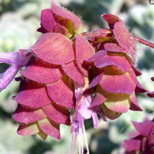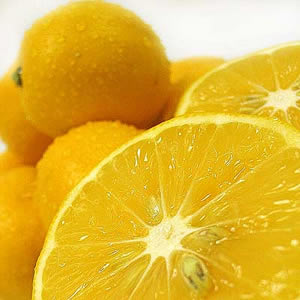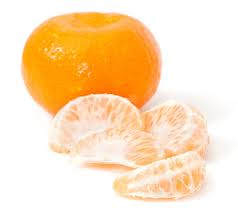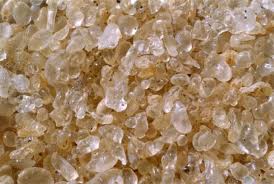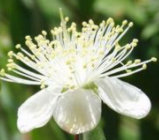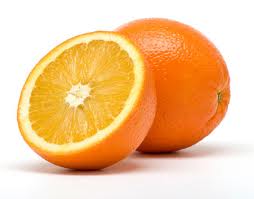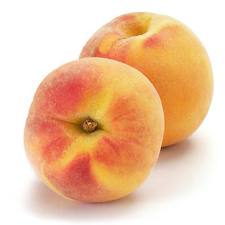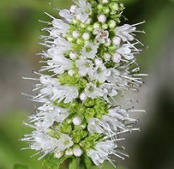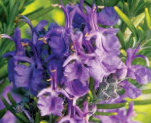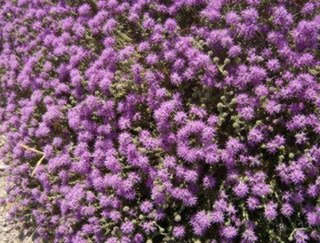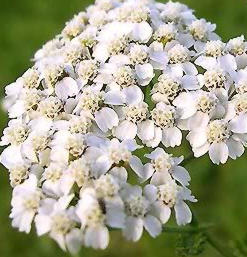
Red Wine
Wine is the alcoholic beverage made by fermenting the grapes. Mythology and History Wine has a long history of use as an early form of medication, being recommended variously as a safe alternative to drinking water, an antiseptic for treating wounds and a digestive aid, as well as a cure for a wide range of ailments from lethargy and diarrhea. In ancient times, Greece played a crucial role in the development of the wine culture of Europe. When the ancient Greeks introduced a more systematized approach to medicine, wine still retained its rominent role. The Greek physician Hippocrates recommended wine as a part of a healthy diet and advocated its use as a disinfectant for wounds, as well as a medium to mix other drugs in for easier consumption by the patient. |
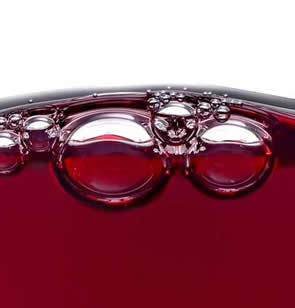 |
Health Benefits & Modern Medicinal uses
Thanks to its alcohol content and non-alcoholic phytochemicals (natural occurring plant compounds), wine has been shown to reduce the risk of heart disease, certain cancers and slow the progression of neurological degenerative disorders like Alzheimer’s and Parkinson’s Disease.
Resveratrol might be a key ingredient in red wine that helps prevent damage to blood vessels, reduces "bad" cholesterol and prevents blood clots. Resveratrol is found in the skin of red grapes.
Red wine provides much more resveratrol compared to white. That’s because the longer the skin is kept on the grape during the wine making process, the greater the concentration of resveratrol in the wine.
It’s been well documented that moderate amounts of alcohol can raise your good cholesterol (HDL-cholesterol) and thin your blood.
However, the amount of wine you drink matters tremendously. Drink more than what’s recommended, your health benefits are lost and your health risks go up.
All the antioxidants, including polyphenols and resveratrol, found in red wine, help neutralize free radicals.
Red wine is a natural drink with many more antioxidant molecules acting together, compared with just Vitamin E or Resveratrol supplements. The fundamental beauty is having the natural proportion of antioxidants in red wine reflected in its extract.
Ongoing research shows that this anti-aging nutrient, resveratrol, may also help you maintain younger-looking skin, as it reduces the appearance of wrinkles, by improving the skin’s structural integrity.
It also helps protect the skin from sun damage, as it improves skin tone by promoting the production of collagen. Lifts the skin and smoothes the appearance of expression lines and increases hydration, improving overall appearance of the skin.


